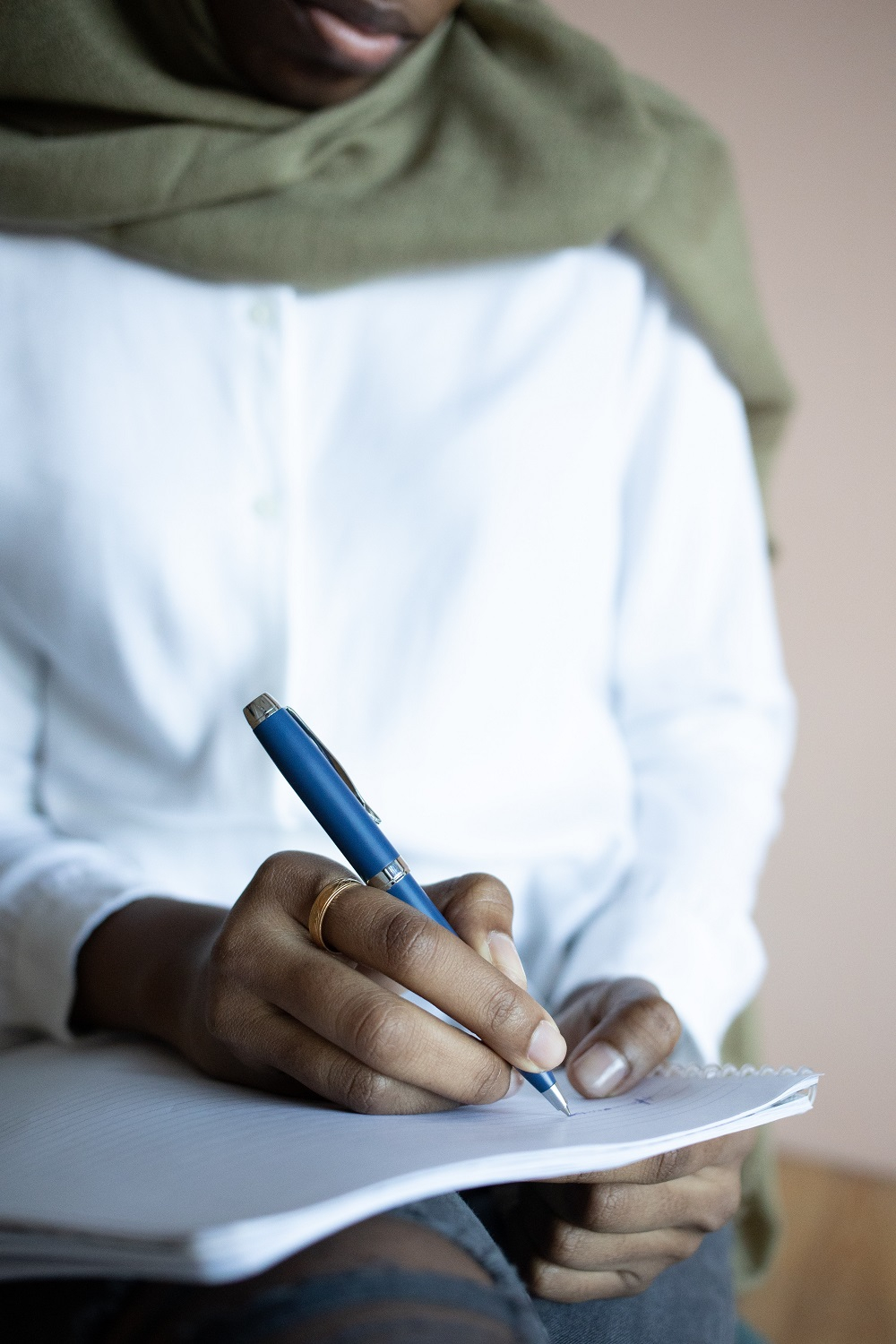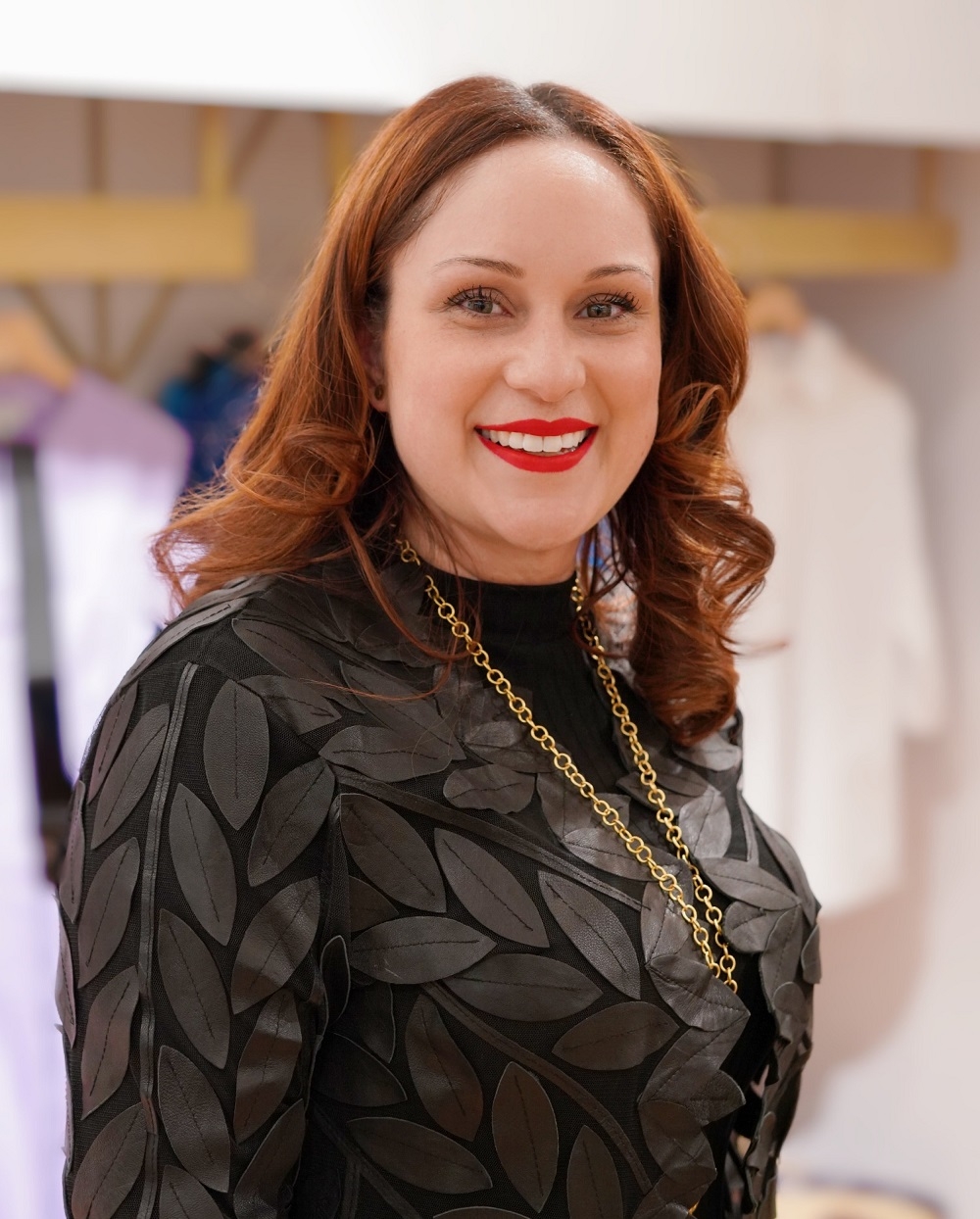Tracing the Roots of Our Collective Generational Trauma Stories – Part 2 About the Path to Healing
Lifestyle
|
Jul 14, 2022
|
5 MIN READ

Image source: Pexels; photo by Photo by Werner Pfennig
By Zaiba Hasan
Editor’s note: This column is part of a three-part summer series exploring generational trauma: what it is and the author’s journey to seek healing for herself and her family. In this piece, part two, the author discusses her family’s story of intergenerational trauma. Read part one, which discusses the signs of generational trauma, here.
I am the type of person that packs for a trip picturing the worst-case scenario of crashing on a deserted Island (LOST-style) and having my suitcase appear on the shoreline, ready to tackle any of the obstacles we will face as survivors. I have since found out that this is a result of my chronic anxiety, and packing this way helps me feel in control of the situation and is a coping mechanism to help navigate the chronic trauma I have embedded in my DNA.
So, I find it ironic that when traveling all the way across the world for a healing retreat the only luggage lost was that of my own and my traveling companions (my daughter and my mother). We walked into this retreat with the dirty clothes on our backs and the two outfits and a package of underwear from H&M we were able to purchase at the last minute on our way into the mountains of Grenada, Spain.
For someone who is always in need of being in control, the loss of control is extremely overwhelming. However, the stripping of all personal effects and distractions (like personal grooming) was exactly what I needed for the task at hand – starting my healing journey with my mother.
(As I share our story about seeking healing for my family’s intergenerational trauma, in the interest of my children’s privacy, no direct details will be revealed.)
My Story: My story is unfortunately not a unique one. I am a bi-racial child born in the late ’70s, raised in the ’80s, and came of age in the ’90s, I was abused physically, emotionally and sexually at the hands of people who should’ve protected me. With a Caucasian “convert” mother and a Pakistani immigrant father, our family always carried the weight and the stigma of this union across all planes of existence.
The outside community, both Muslim and non-Muslim, didn’t really accept us. Within our own family we constantly had to prove our Muslim-ness. It was very common for my paternal grandmother (my dadi) to hug one of my cousins and then look at me and say, shaitan ka bacha, translated to “devil’s child.” As the oldest of the next generation, I had particularly difficult and harsh expectations thrust upon me of who and what I was to become.
Mom’s Story: I always thought I “knew” my mom’s story. Catching bits and pieces of whispered conversations told behind closed doors, I recognized that my mom didn’t have the easiest of childhoods either. She was orphaned at the age of eight and then transported to live with a maternal grandmother across the U.S., leaving behind the only home she’d ever known.

Image source: Pexels
The eldest of her siblings, she also carried the weight of responsibility for them as a latch-key kid in the ‘60s and ‘70s while her grandmother had to work long into her later years as the sole provider for children she wasn’t expecting to raise. Corporeal punishment, financial stress and alcohol abuse riddled all of my mom’s childhood memories. I don’t think you’d need to be a psychotherapist to imagine the long-term effect that it probably had on an impressionable girl growing up.
Like I said when I started, I thought I “knew” my mother’s story. It wasn’t until we sat under the hot Spanish sun and I actually heard the story from my mother’s mouth that I understood how her childhood was a lot worse than I could have imagined. I also will not be sharing that story here, as it is not mine to share.
Our Story: Our story begins with my mom in high school working as a makeup clerk and met my dad, a Pakistani immigrant security guard who came to the U.S. to get an education with the plan of going back “home” to Pakistan to help get his family there out of poverty. Obviously, the universe had other plans.
Meeting, converting (my mom to Islam) and then marrying in the span of five months, my parents fast-tracked their relationship with a speed that I don’t even think they understood. Eighteen months later I was born to a teenage high school dropout and an immigrant whose family wasn’t thrilled that he married outside his culture.
This set the foundation for what was to come. Within five-and-a-half years, my parents had four children, a new family to feed (as my father started bringing siblings over from Pakistan), and a crap show of cross-cultural baggage that would shape the way we all viewed the world. My motherless mother had to mother bi-racial children in a culture she not only knew nothing about, but also didn’t have familial support to help foster that upbringing.
The relationship between my father’s family and my mom was antagonistic on the best day and abusive on the worst. Her response to a lot of this was to pull away or to mentally escape, leaving me to care for my younger siblings when I could barely take care of myself. It wasn’t until I became a mother that I realized how dysfunctional my situation was, and I vowed that I couldn’t and wouldn’t let it impact my own children.
Tracing back my family’s stories, these are the hallmarks of generational trauma.
My Healing Story: I can’t say that my healing journey has been a consistent upward trajectory filled with transformational “aha” moments and spiritual awakenings. I have spent the last 18-plus years trying everything I could to heal – from therapy, coaching, medication, Sufi-healers, acupuncture, EMDR therapy – you name it, I tried it. For every step forward I took half a step back; my recovery was so slow that at times I felt like I wasn’t moving.

The author, Zaiba Hasan
One day, in a moment of prayer and mediation, I painfully realized that the steps backward were directly related to my relationship with my parents and my inability to set up boundaries around my mental health. So after a particularly difficult conversation with my father and no support given by my mother, I finally drew the line in the sand that I needed to finish my own emotional healing.
I separated from my parents physically and emotionally – literally blocked them on all avenues of communication, and it wasn’t until I had a dream 10 months later and a series of random events that occurred that I decided to invite my mother to Spain with the hopes of reconciliation.
That conversation began, “Salam Mom, want to come with me to Spain?” And with her answering, “When should I buy my ticket?”
Until next time….
Zaiba
Check back for part three next month, in which Zaiba will talk about the retreat she went on with her mom and daughter to seek healing and her takeaways for others hurting from intergenerational trauma. Are you dealing with generational trauma? Has any particular therapy helped you? Share with us in the comments below.
Zaiba Hasan is part of the dynamic duo behind the award-winning podcast, Mommying While Muslim. She is the founder of and a spiritual parent coach at Emerge Consulting Solutions, an interfaith mediator and sports mama extraordinaire. Look for her on the baseball fields and basketball courts in the DMV (Washington, D.C.-Maryland-Virginia) area cheering from the sidelines.
Subscribe to be the first to know about new product releases, styling ideas and more.
What products are you interested in?



